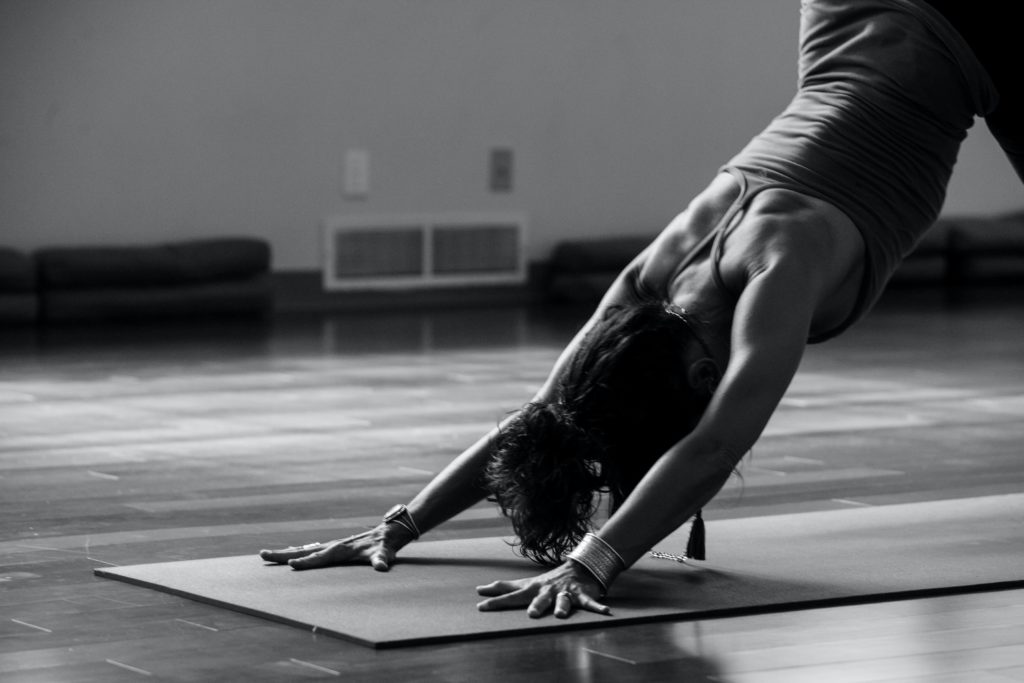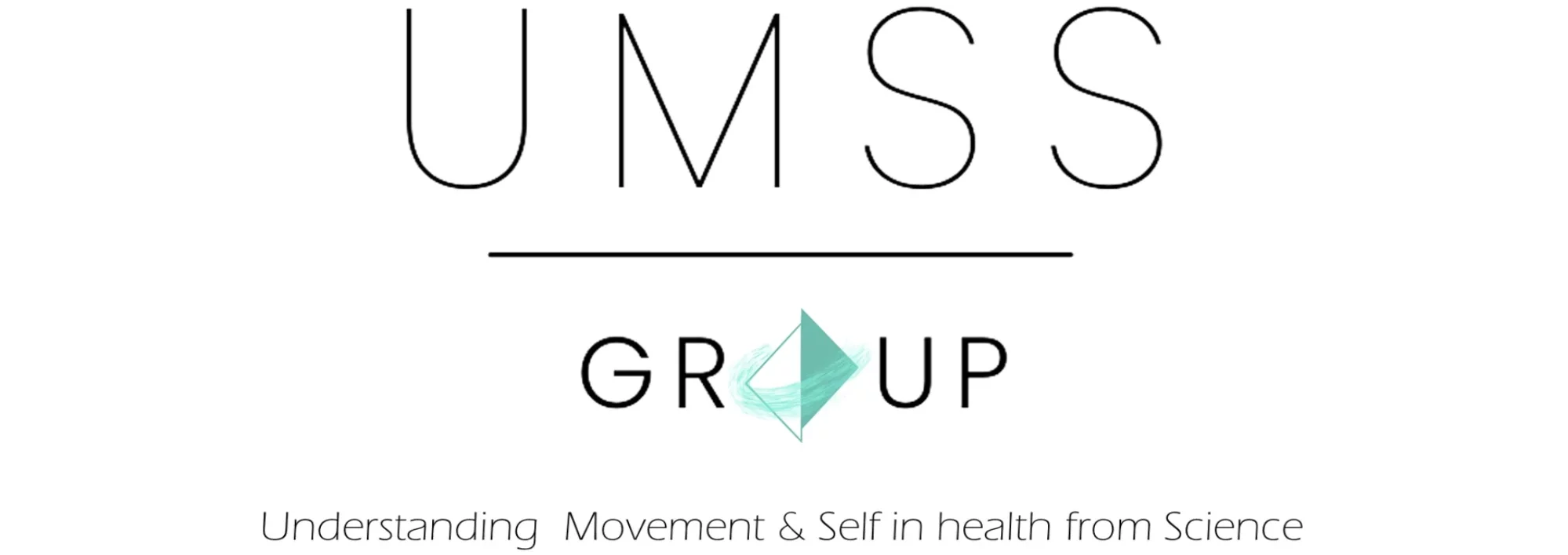
In UMSS Group, we join the movement led by the World Physiotherapy Organization to promote the role of physiotherapy in the treatment and therapeutic management of Rheumatoid Arthritis on World Physiotherapy Day, September 8th.
If you suffer from Arthritis and don’t know what you can do, keep reading this article!
What is Rheumatoid Arthritis, and what role does physiotherapy play?
Rheumatoid Arthritis is a chronic inflammatory autoimmune condition that primarily affects joints such as the hands, fingers, knees, or elbows, along with other systemic issues. Its onset leads to symptoms like pain, fatigue, inflammation, joint damage, or limited mobility. All of this results in patients experiencing limitations in their functional abilities (e.g., household tasks that were once simple progressively become difficult), in their work (e.g., it becomes increasingly challenging to work without pain), and in their social relationships with others (e.g., patients tend to interact less with friends or family due to their illness).
It’s truly a condition that causes significant problems for those who suffer from it. Moreover, to make matters worse, there is no cure for Rheumatoid Arthritis.
There are various pharmacological treatments, such as disease-modifying antirheumatic drugs (DMARDs), which have evolved and improved significantly in recent years, helping to slow down its progression. However, there’s a problem. A large number of patients do not respond to medication or experience adverse effects. That’s why other approaches are needed to complement drug treatment and promote a clinical improvement in symptoms and functional capabilities in a safe and effective manner.
And this is where Physiotherapy and its fundamental component, Therapeutic Exercise, come into play.
Therapeutic Exercise and Mind-Body Techniques in Rheumatoid Arthritis
Traditionally, patients were advised to avoid any form of physical activity or exercise because it was believed to worsen symptoms and inflammation. However, scientific studies have debunked this myth after years of research. Today, we can confidently state the opposite. Patients who regularly engage in exercise programs experience improvements in pain, fatigue, sleep disturbances, physical fitness, and global inflammation levels, as indicated by a 2020 review of studies.
Exercise is a powerful anti-inflammatory! (Benatti FB et al., 2020, Nature Rev Rheum)
A recent study that analyzed a total of 23 high-quality scientific studies found that Mind-Body techniques such as Meditation, Mindfulness, and Yoga have a significant impact on aspects like overall health, quality of life, physical function, psychological well-being, and disease activity markers. These techniques are particularly interesting for patients with depression.
New Technologies, Exercise, and Arthritis
New technologies have arrived to stay in the treatment of rheumatic diseases. Digital tools make it easier to provide remote treatments to patients, customize treatment plans, and enable close monitoring by the doctor or physiotherapist in charge. It’s truly a digital revolution!
Thus, exercise programs can be delivered to patients easily through common and accessible devices like smartphones. There are already studies showing that a mobile app that includes a personalized exercise program and disease-related recommendations can improve symptoms and functional capabilities in patients with Rheumatoid Arthritis.
Ditch the sedentary lifestyle and consult your primary physiotherapist!
It’s never too late to improve!
Pablo Rodríguez Sánchez-Laulhé PhD Candidate | PT, Hand Therapy, mHealth & Exercise Therapy
References:
- Benatti FB, Pedersen BK. Exercise as an anti-inflammatory therapy for rheumatic diseases – Myokine regulation. Nat Rev Rheumatol. 2015;11(2):86-97. doi:10.1038/nrrheum.2014.193
- Katz P, Andonian BJ, Huffman KM. Benefits and promotion of physical activity in rheumatoid arthritis. Curr Opin Rheumatol. Published online 2020:1-8. doi:10.1097/BOR.0000000000000696
- Rodríguez Sánchez-Laulhé P, Luque-Romero LG, Barrero-García FJFJ, et al. An Exercise and Educational and Self-management Program Delivered With a Smartphone App (CareHand) in Adults With Rheumatoid Arthritis of the Hands: Randomized Controlled Trial. JMIR mHealth uHealth. 2022;10(4):e35462. doi:10.2196/35462
- Slagter L, Demyttenaere K, Verschueren P, De Cock D. The Effect of Meditation, Mindfulness, and Yoga in Patients with Rheumatoid Arthritis. J Pers Med. 2022;12(11). doi:10.3390/jpm12111905

